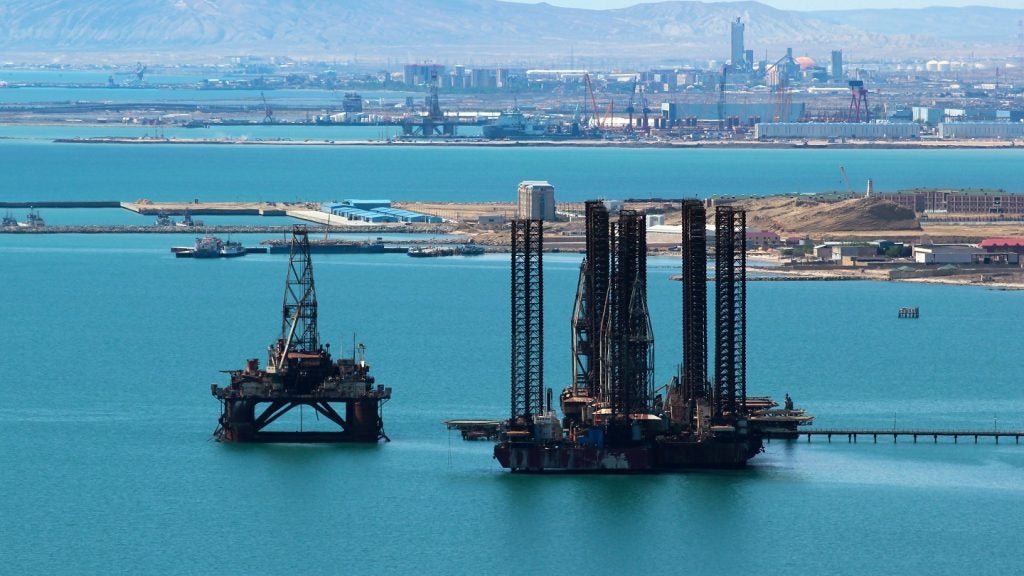Abdulaziz bin Salman Al Saud, Saudi Arabia’s Energy Minister, has hit back at criticism of the OPEC+ member nations’ decision to allow a gradual increase in their oil production from this October, and remains confident commodities markets will soon realise the organisation acted correctly.
As Bloomberg reported, the minster has pushed back against Western politicians and the media, making it clear the extended group will not cave to external pressure, and will take action that it feels is appropriate.
Last week, the Organization of the Petroleum Exporting Countries (OPEC) and its allies, known as OPEC+, announced it may gradually unwind a voluntary reduction of 2.2 million barrels (bbl) per day of crude starting later this year.
However, it also decided to carry overall output cuts into 2025, reported Reuters, as a way to stabilise the market amid concerns over slow demand growth, high interest rates and increasing US production.
The enlarged group introduced voluntary output cuts in 2022, to push up oil prices, but in a few months the nations taking part, which include Algeria, Iraq, Kazakhstan, Kuwait, Russia and Saudi Arabia, can start slowly increasing their production.
Over recent weeks, Brent crude has been trading at near $80/bbl, below the budgetary breakeven point for several OPEC+ nations.
There are concerns over sluggish demand growth, particularly from China, the world’s leading oil importer, as well as rising oil inventories in developed economies.
The Saudi minister, speaking during the St Petersburg International Economic Forum on Thursday, reiterated that the agreement, like many other OPEC+ deals, can be paused or reversed if needed.
He said: “People ask me, ‘Are you relaxed?’ and I say ‘Why not?’ I know that we did the best job, we are on hold of the matter,” adding that over the next few days “reality will fall in”.
At the same event, United Arab Emirates Energy Minister Suhail Al Mazrouei said: “Sometimes the market doesn’t understand decisions. It takes time to analyse.”
Last month, the International Energy Agency revised its oil demand growth forecast for 2024 downwards, suggesting weaker global demand than previously estimated.















